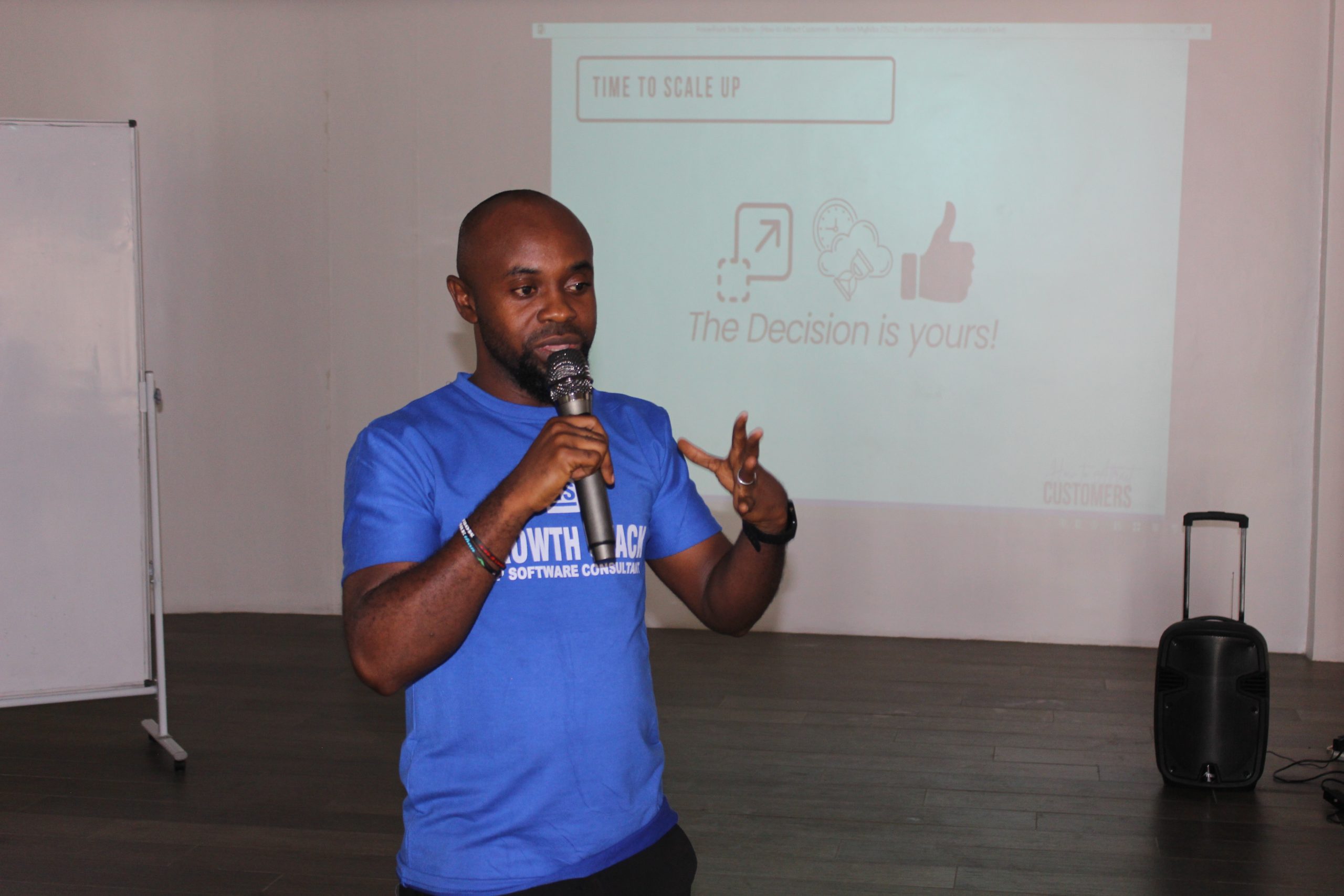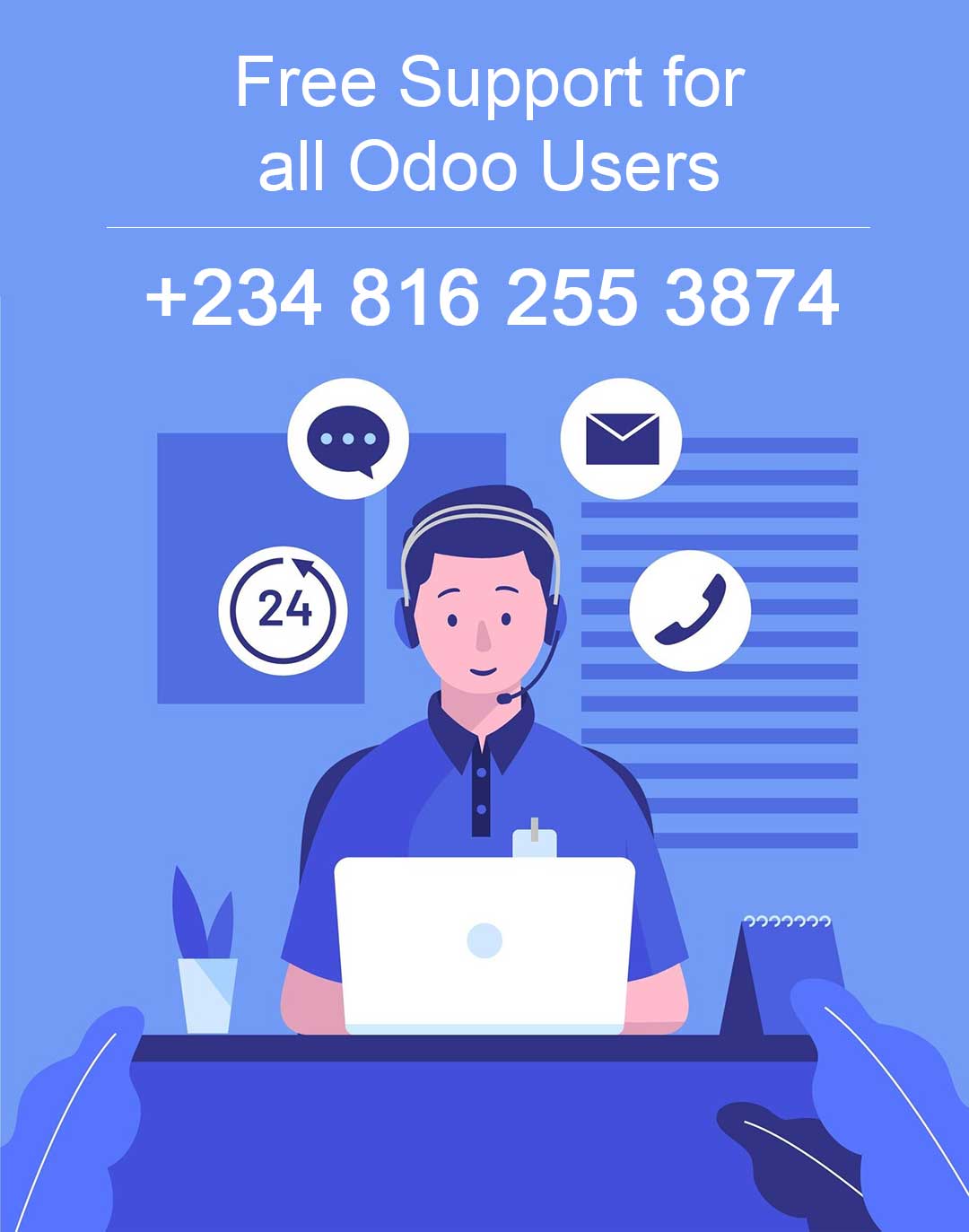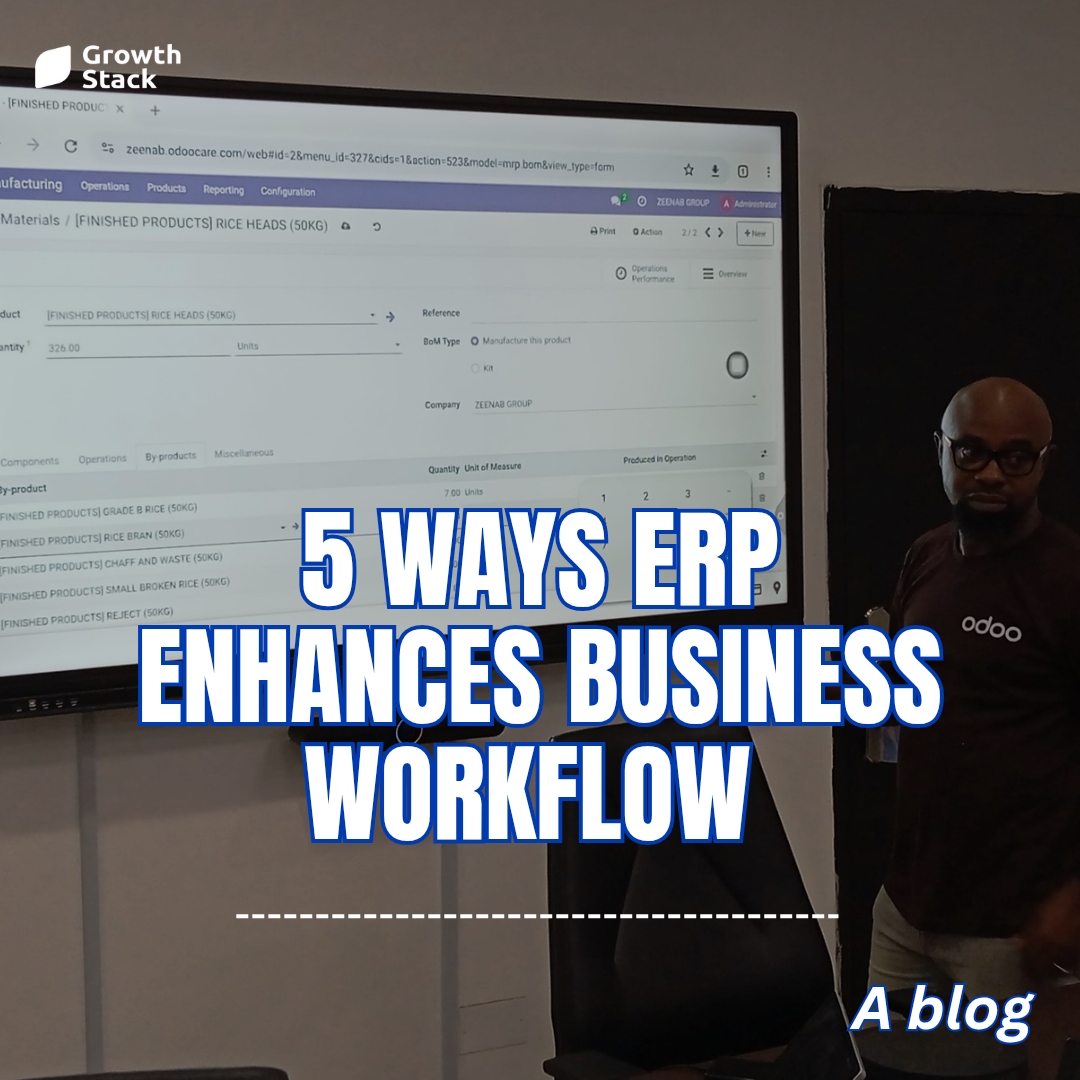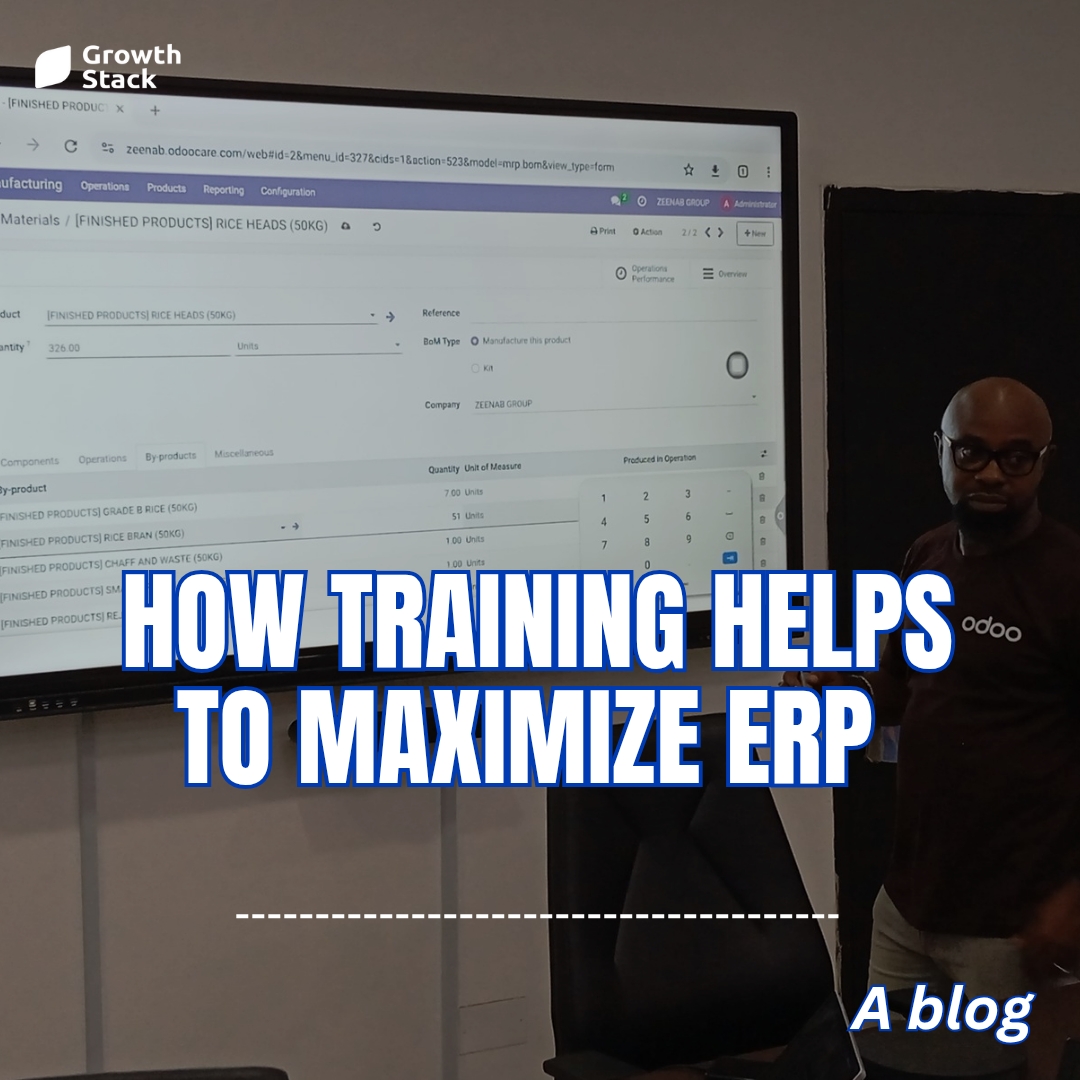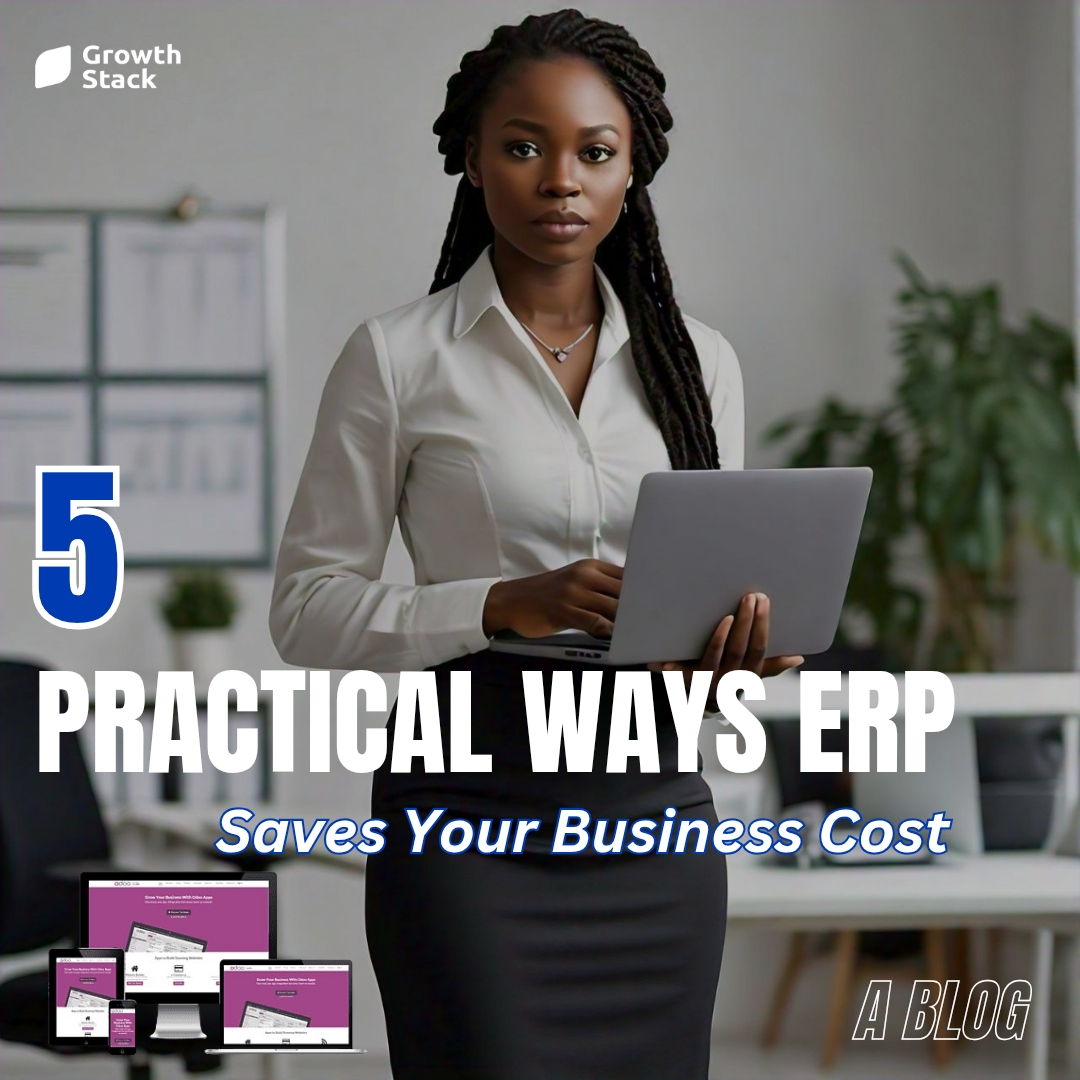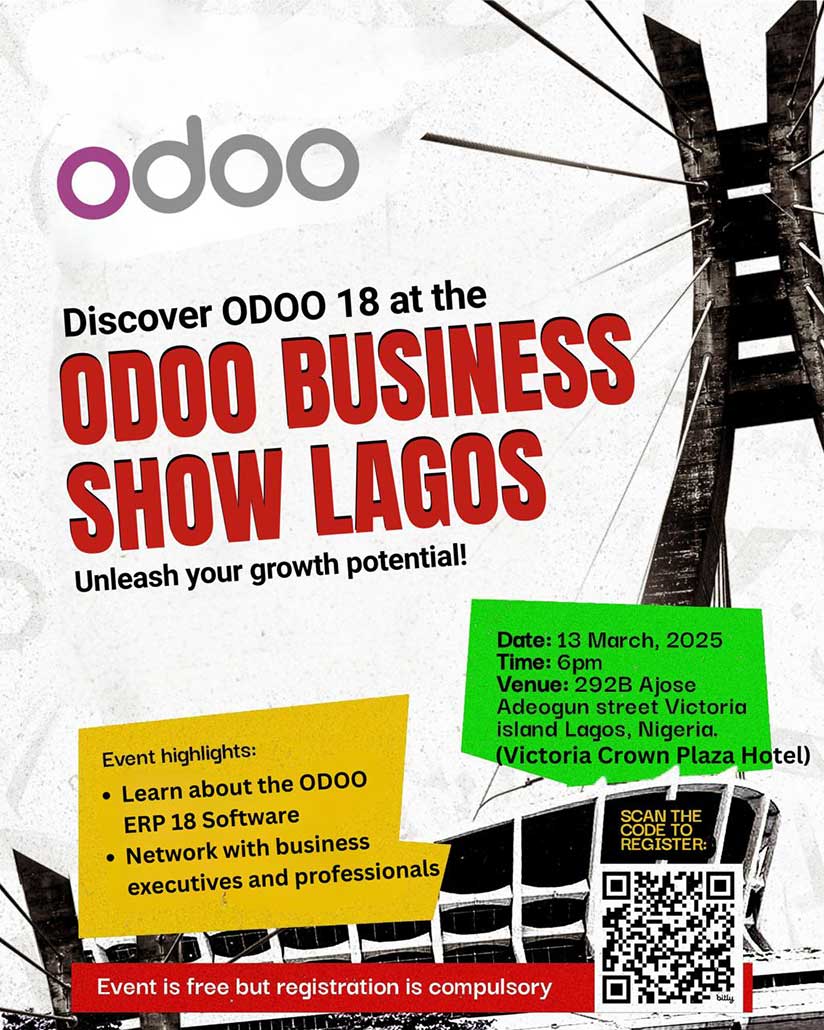Eight Main Reasons to Switch from Manual to Computerized ERP Accounting.
How many businesses, on the other hand, use computerized accounting today? Perhaps a more pertinent question is how many business owners understand accounting, or business terminology. Accounting is the backbone of business, just as language is the backbone of communication. Accounting is the basic language used to transmit all of the critical information that owners, managers, and investors need to effectively evaluate a company’s financial performance, similar to how we use language to communicate with the people around us.
Unfortunately, many business owners underestimate the value of accounting, viewing it as only “an activity for the accountant,” although the aim of accounting is to assist stakeholders in making better business decisions by providing them with accurate data. Anyone who values their money will never want to manage a business or make investment decisions without having access to precise and timely financial data. To put it another way, asking why accounting is important is like to asking, “Why are you concerned about where your money goes?”
With that in mind, it’s probably safe to say that the best course of action for firms right now is to computerize their accounting, as well as the rest of their operations. There are eight reasons why you should switch from manual to computerized accounting.
What are the benefits of switching from manual to automated accounting?
-
Speed.
The primary distinction between manual and automated methods is speed. Accounting software not only analyses data and generates reports more quickly than manual methods, but it also allows for quicker data entry. Overall, computerized accounting will save you a lot of time since it helps you to rapidly and precisely collate and print documents like invoices, purchase orders, and payroll.
-
Accuracy.
Manual accounting is a time-consuming technique that requires accountants to spend a significant amount of time quantitatively reviewing numbers in a company’s accounting records. Simple errors, such as transposing numbers or entering data in the wrong column, can result in substantial inaccuracies. Accounting software allows accountants to process more data and provide more accurate financial reports than before. Computerized accounting systems improve inventory control and payment collection, saving time and enhancing cash flow, thanks to their efficiency and ease of use. Accountants may be able to spend less time hunting for mistakes and more time analyzing data for decision-making.
-
Automation.
When compared to electronic accounting, manual accounting is far more time consuming. You must precisely add columns, double-check your work, and physically write numbers in. Computerized systems accomplish these basic operations efficiently, updating records automatically and on the go. Software programs perform all computations automatically, reducing errors and increasing efficiency.
-
Accounting and other company procedures are integrated.
Accounting is not a stand-alone profession. It’s linked to other company activities including sales, purchases, banking, and taxation, among others. If a transaction is likely to touch many processes in manual accounting, you must record it in multiple places to guarantee that all relevant ledgers are affected. In computerized accounting, all it takes is one instance of data entry to take care of all the connected procedures.
-
Storage, security, and administration of data.
In manual systems, where accounts are kept in books, storing critical business data takes a lot of effort – and it takes up a lot of room. Most significantly, the data’s security is jeopardized because the business owner must invest his faith in a few persons within his organization and pray that nothing goes wrong. Computerized accounting allows for a solid system for storing business data, requiring less work and cost to save data, as well as automated security levels to be set inside the organization, providing piece of mind to the business owner.
-
Compliance.
Compliance is one of the most important activities for every organization, especially now that GST has been implemented. Due to its time-consuming nature, businesses like to remain compliant while also spending as little time as possible on it. It is nearly hard to handle all of this in manual books today, whether it is direct taxes (income tax, 44AB audits) or indirect taxes (GST). Computerized accounting is the way of the future, allowing for speedy checks for transaction level compliance, book matching, and, ultimately, the submission of accurate reports based on accurate company data.
-
Reporting.
It can take time to locate information from each book and put it into a report using a manual technique. To develop a specific report in a manual accounting system, data must be collected, aggregated, and combined. ‘What If?’ analysis will be onerous in a manual system. Quick data retrieval is possible with computerized accounting. Information or reports for a specific period of time can be prepared rapidly with a computerized accounting system since accounting software will automatically pull all relevant ledger entries for the period reporting. Computerized systems can also generate real-time reports on stock valuation, profit and loss, receivables and payables, payroll, and sales analysis, allowing you to make quicker changes to your business strategy.
-
Backup.
The simplicity with which a computerized system can be backed up is a significant distinction between manual and automated systems. In the event of a fire or other disaster, all transactions can be saved and backed up. With paper records, you can’t accomplish this unless you make copies of all pages, which is a time-consuming and inefficient procedure in and of itself. Computerized systems also enable for faster data recovery in the event of a mishap.
So, how do ERP and accounting relate to one another?
The Odoo ERP (Enterprise Resource Planning), is a tool that helps contemporary firms improve efficiency, automation, and simplification of company operations, including accounting. ERP solutions, in fact, assist businesses in streamlining their accounting processes by integrating data and offering a clear 360-degree perspective of the firm, allowing owners and managers to make rapid, educated choices. This ERP software is significantly more efficient than a standalone accounting system for managing an organization’s accounting and finances. It provides a consolidated platform for managing and tracking operations across several organizations.
Financial data insights help organizations save money while also increasing their financial productivity.
Contact us right now to discover more about the Odoo ERP and how our solutions may help your business, as well as how to leverage the benefits above Excel as outlined above.
